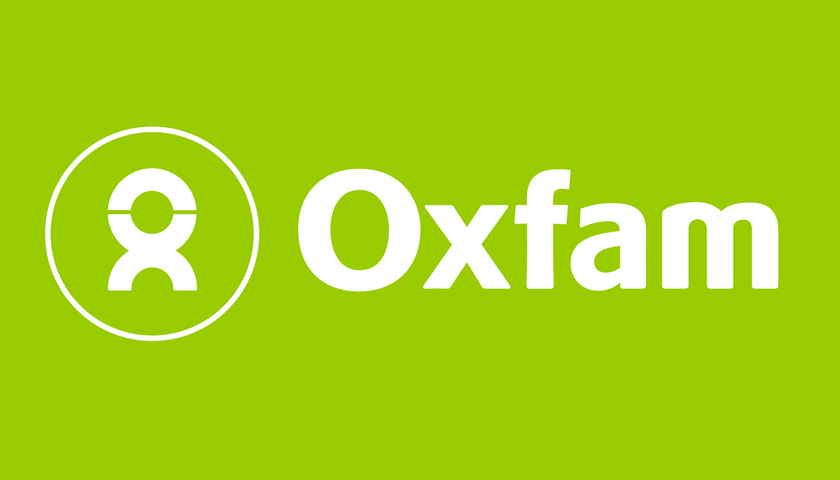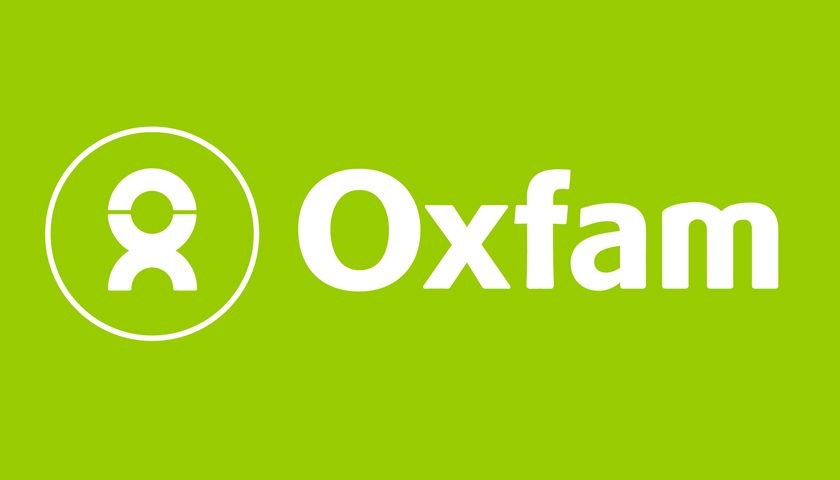“Real” financial effort by rich countries to provide climate finance to lower-income countries is less than a third of what the reported figure seems to suggest
Rich countries have again effectively short-changed low- and middle-income countries as part of international climate change negotiations by as much as $88 billion in 2022 according to new figures from Oxfam.
Wealthy countries say they mobilized nearly $116 billion in climate finance in 2022 ―for the first time surpassing the $100 billion a year they had originally promised to reach by 2020, to help people in lower income countries mitigate and cope with the worsening effects of climate breakdown.
However, while nearly $92 billion of the reported amount was provided as public finance, nearly 70 per cent of this money was in the form of loans. Many of these loans are provided at profitable market rates, all adding to the debt burden of countries many of which are already heavily indebted.
Oxfam estimates that the “true value” of climate finance provided by rich countries in 2022 is as little as $28 billion and no more than $35 billion, with – at most – only $15 billion earmarked for adaptation, which is crucial for helping climate-vulnerable countries address the worsening impacts of the climate crisis.
This discrepancy between financial promises and reality continues to undermine the trust that countries need from each other. It is also materially vital ―in many countries it is what makes climate action possible.
Chiara Liguori, Oxfam GB’s Senior Climate Justice Policy Advisor, said: “Rich countries have been short-changing lower income countries for years by doing climate finance on the cheap. Claims that they are now on track with their financial promises are overstated, with the real financial effort much lower than the reported figure seems to suggest.
“’If the new UK government is to act in solidarity and partnership with countries facing the worst consequences of climate breakdown, it must start by reversing the changes made in 2023 to how the UK’s climate finance is counted which weaken quality, enable more double counting, and mean more climate finance will be delivered as loans.”
Oxfam’s figures reflect climate-related loans as their grant equivalents, rather than at their face value, in order to gauge rich countries’ real financial effort. Oxfam accounts for the difference between loans at market rate and those at preferential terms, while also considering the overly generous claims about the climate-related significance of these funds.
Liguori said: “Low- and middle-income countries should instead get most of the money in grants, which also need to be better targeted toward authentic climate-related initiatives that will help them adapt to the impacts of the climate crisis and move away from polluting fossil fuels.
“At the moment they’re being penalized twice. First, by the climate harm they did little to cause, and then by paying interest on the loans they’re having to take to deal with it.”
Oxfam is calling for governments who will be meeting at COP29 in Baku, Azerbaijan to agree a new global climate-finance goal that does not repeat the mistakes of the past but instead ensures that rich countries provide significantly more finance, are made more accountable and their financing more transparent.

